More than a dozen dolphins rescued from Wellfleet beach
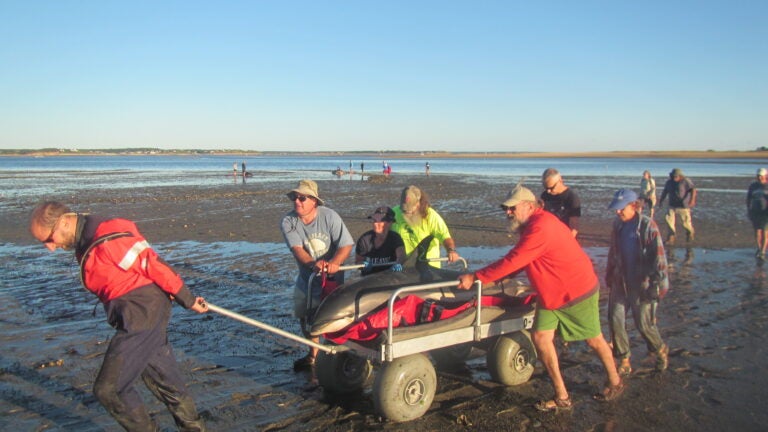
More than a dozen dolphins who were stranded in shallow waters in Wellfleet have been rescued.
The full moon on Thursday caused a 12-foot drop at Chequessett Neck that stranded 16 of the water mammals. Katie Moore, director of the animal rescue program at The International Fund for Animal Welfare, said the group first received a report around midday that six dolphins were stuck at Chequessett Neck. She said the welfare group soon realized more animals were in trouble and dispatched as many people as possible to help.
“That’s an area for us that’s a hot spot for mass strandings,” Moore said.
Atlantic white-sided dolphins are “really, really gregarious” and social and are bigger than common dolphins, weighing up to 500 pounds, she said.
The agency used two large rescue trailers, which could each hold four or five dolphins at a time, to transport them to Herring Cove Beach in Provincetown, a release spot where Moore said there was less of a chance that the animals would get stranded again.
Thursday’s event was the largest rescue the animal welfare group has ever worked. It took four trips to move all the marine animals to the release site.
Two other dolphins spotted at the scene were able to float themselves free, Moore said.
Nearby shellfish beds made it a tough area to work in, Moore said. But with the help of local residents and volunteers, they were able to get the animals — the largest of which was about nine feet long — off the beach.
The last of the dolphins were put into the Provincetown waters around 11 p.m., and they were released as a group. On Friday morning, rescuers were working at Chequessett Neck again to rescue another stranded dolphin.

The dolphins were staged for transport to the release site.
Moore said the IFAW is following the animals using satellite tags to see how they’re doing.
“It was an amazing amount of collaboration and teamwork that made it happen,” Moore said.

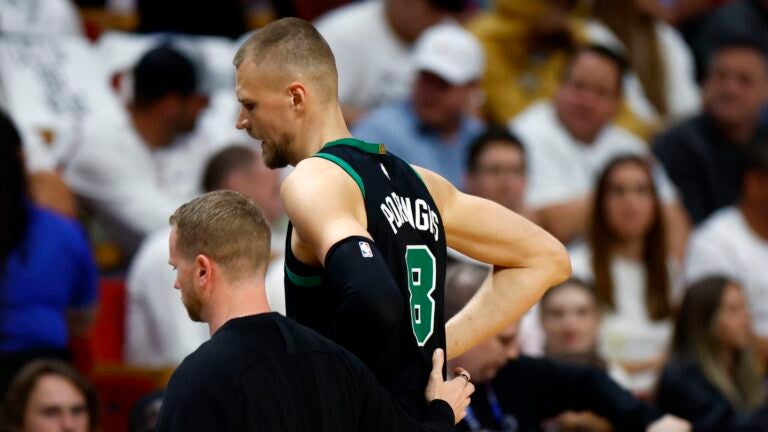

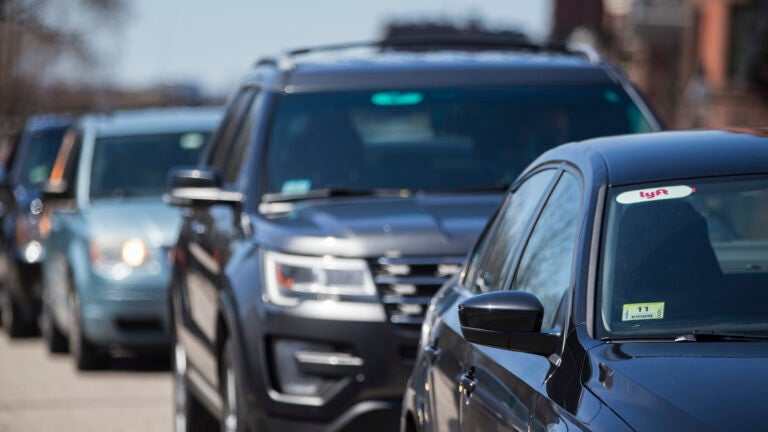
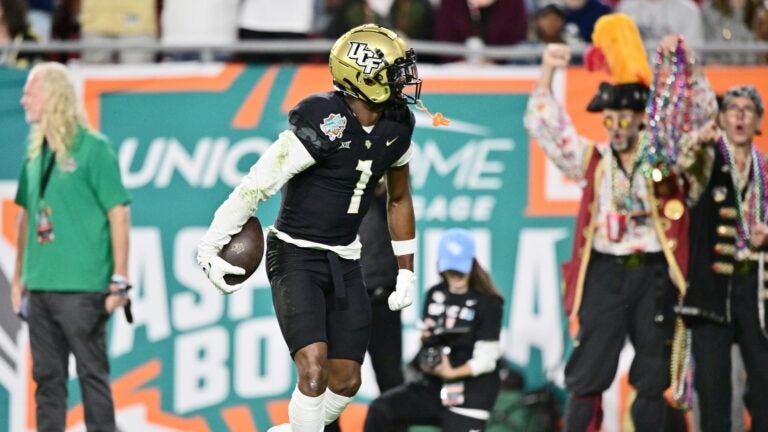
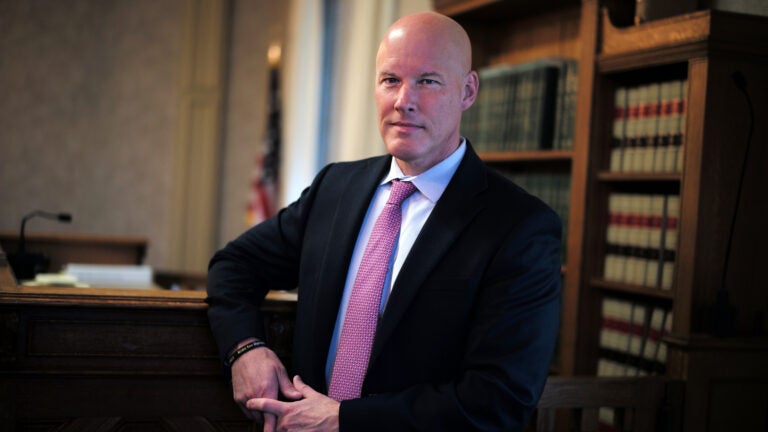
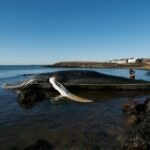

Conversation
This discussion has ended. Please join elsewhere on Boston.com